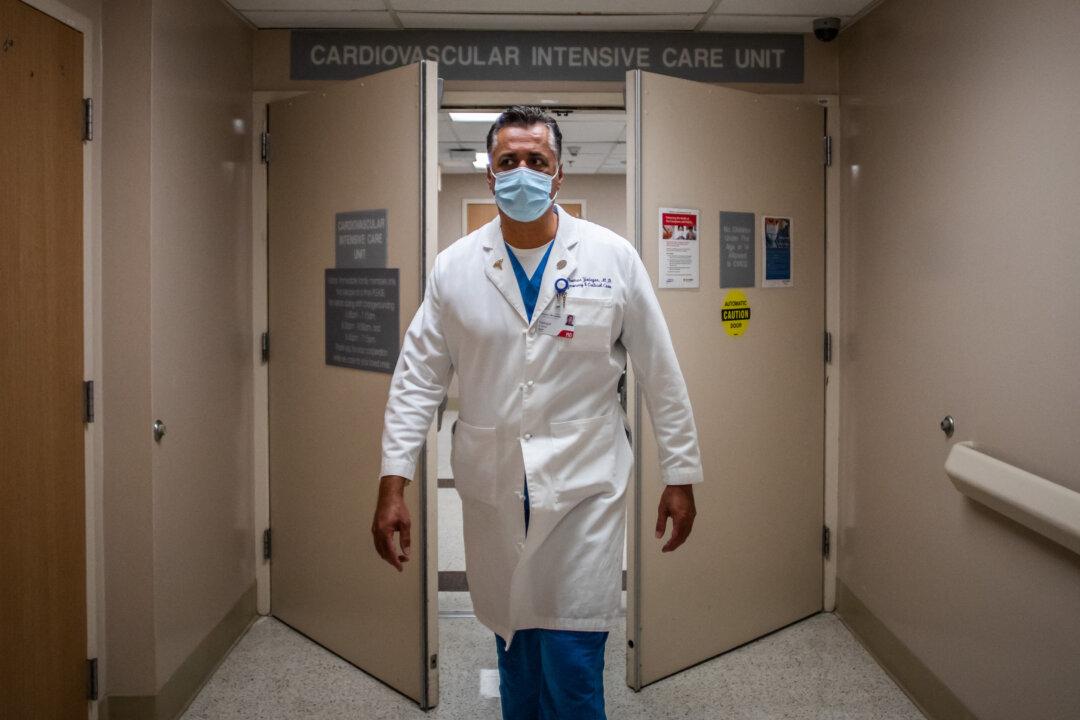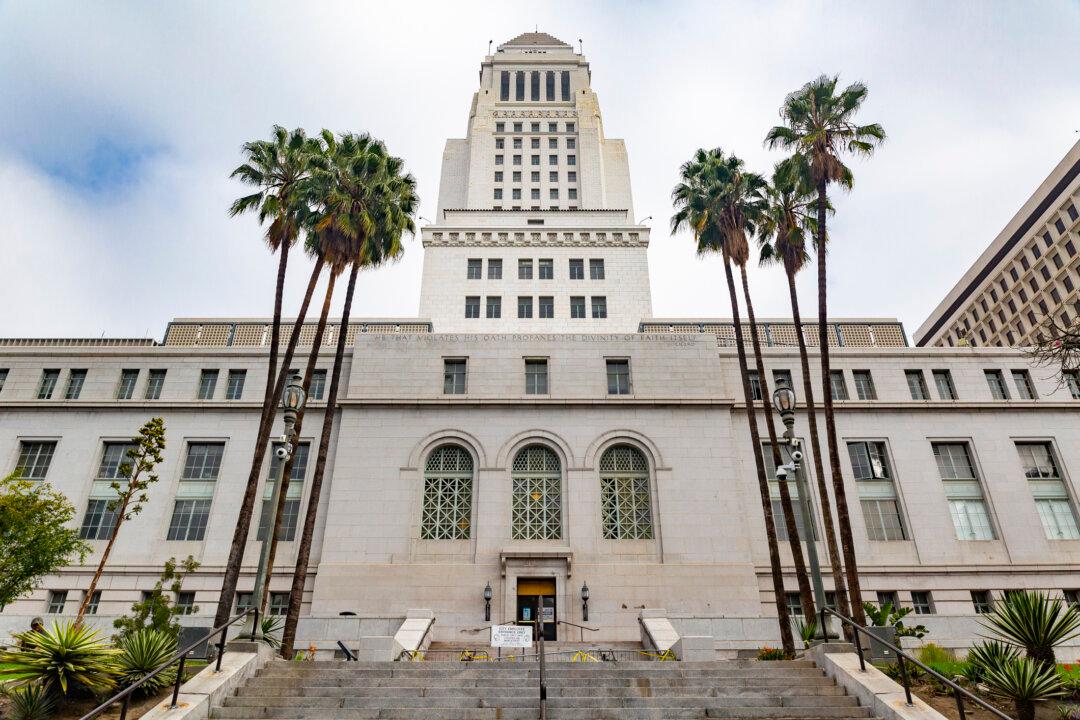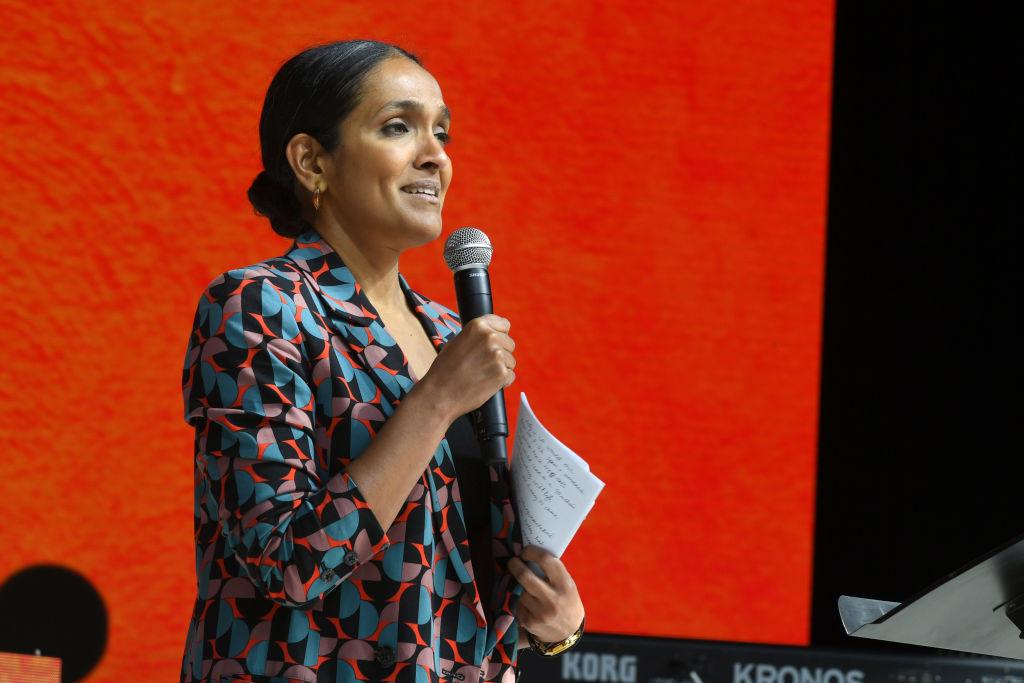California lawmakers this week advanced a bill that would create a single-payer health care system, or government-run universal health care, in an 11–3 vote in the Assembly Health Committee.
Assembly Bill 1400, also known as the Guaranteed Health Care for All Act, would set in motion “CalCare” for all California residents regardless of citizenship status. The bill, authored by Assemblymembers Ash Kalra (D-San Jose) and Alex Lee (D-San Jose), would be coupled with a constitutional amendment to fund the coverage.





